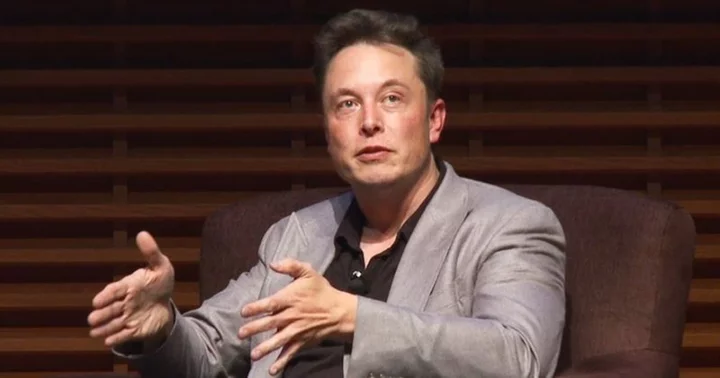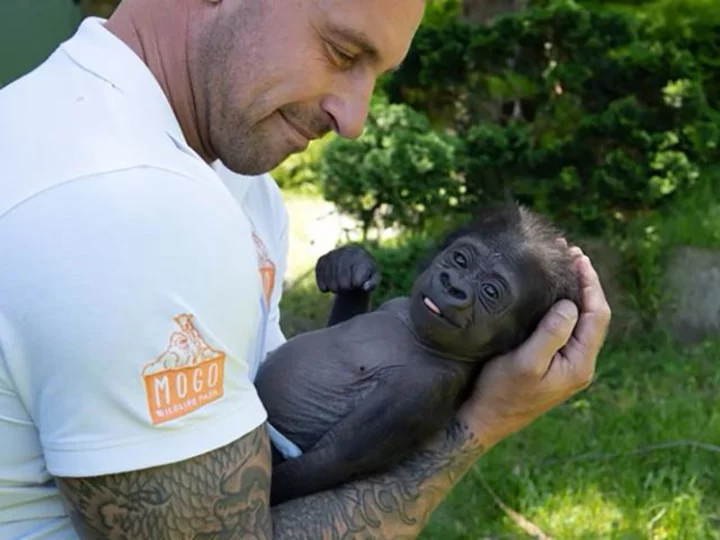LOS ANGELES, CALIFORNIA: OpenAI has pulled back the curtain on its Q* (pronounced Q-Star) project, a leap towards achieving artificial general intelligence (AGI).
This revelation comes against the backdrop of the sudden departure of OpenAI CEO Sam Altman, amid reports of an internal letter warning of a potentially perilous AI discovery.
However, the Q* project's unveiling has been overshadowed by the cryptic tweet from Tesla CEO Elon Musk, who expressed deep concern before invoking the term "Q*Anon."
The Q* project stands as a linchpin in OpenAI's ambitious pursuit of AGI, a system envisioned to surpass human intelligence by a wide margin.
The nomenclature, Q*, has piqued interest, particularly among conspiracy theorists, drawing parallels to the controversial QAnon conspiracy theory that gained notoriety over the past decade.
Musk's tweet, "Q*Anon," has triggered a flurry of speculations regarding its significance. Some observers posit that Musk might be hinting at an internal conspiracy within OpenAI related to Project Q.
However, others caution that it could be a deliberate play on words or a provocative move meant to stir discussion. The use of "Q*Anon" could be a strategic reference, signaling a potential hidden layer within the Q* project.
Social media speculation around Elon Musk's tweet
Social media users dissected Musk's tweet, emphasizing historical distinctions.
According to one user on X (formerly Twitter), during Q's postings, there was no mention of "Qanon." Q identified solely as "Q," and the term "Qanon" was absent in their communications.
"Remember Drop #4881 Explains: There Is 'Q' There Are 'Anons' There Is No 'QAnon' The Media Labels News As QAnon To Deliberately Associate Q To Comments, Theories & Actions In An Attempt To Discredit Q," the post read.
"The asterisk separates Q and Anon. He knows exactly what he's doing," another argued.
A comment read, "You’ve stepped in it now. Incoming hit pieces from Forbes, Insider and the WSJ."
Someone else quipped, "Incoming MSNBC headline 'Why the most dangerous conspiracy is no longer QAnon, it’s QElon.'"
Another added, "Elon woke up & chose violence today. Heads are exploding."
Sam Altman's exile and warning letter
The backdrop to this revelation is the recent removal of OpenAI CEO Sam Altman. Sources told Reuters that, before his abrupt exit, several staff researchers issued a letter to the board warning of a powerful AI discovery that could pose a threat to humanity. The letter, though undisclosed, was reportedly a contributing factor to Altman's dismissal.
In response to Altman's ouster, more than 700 OpenAI employees threatened to resign, expressing solidarity by joining Microsoft, a key backer of the organization. Altman's triumphant return late Tuesday, November 21, marked a turning point, showcasing the depth of discontent within the company.
The sources mentioned the warning letter as just one element in a broader list of grievances that led to Altman's firing. Among these concerns were apprehensions about OpenAI's tendency to commercialize advances in artificial intelligence without fully comprehending the potential consequences.
Following inquiries from Reuters, OpenAI, while declining to comment on the matter, acknowledged the existence of both the Q* project and the warning letter in an internal message to its staff. The message, attributed to long-time executive Mira Murati, alerted employees to certain media stories without confirming or denying their accuracy.
Q* Project: Potential breakthrough in AGI pursuit
Within OpenAI, there is a growing belief that Q* (pronounced Q-Star) could represent a breakthrough in the startup's quest for artificial general intelligence (AGI). AGI, defined by OpenAI as autonomous systems surpassing humans in economically valuable tasks, remains a coveted goal in the field of artificial intelligence.
Sources within the organization revealed that the Q* model, leveraging substantial computing resources, demonstrated the ability to solve specific mathematical problems. While currently operating at the level of grade-school students, the model's proficiency in acing such tests has instilled a sense of optimism among researchers about its potential future success.









